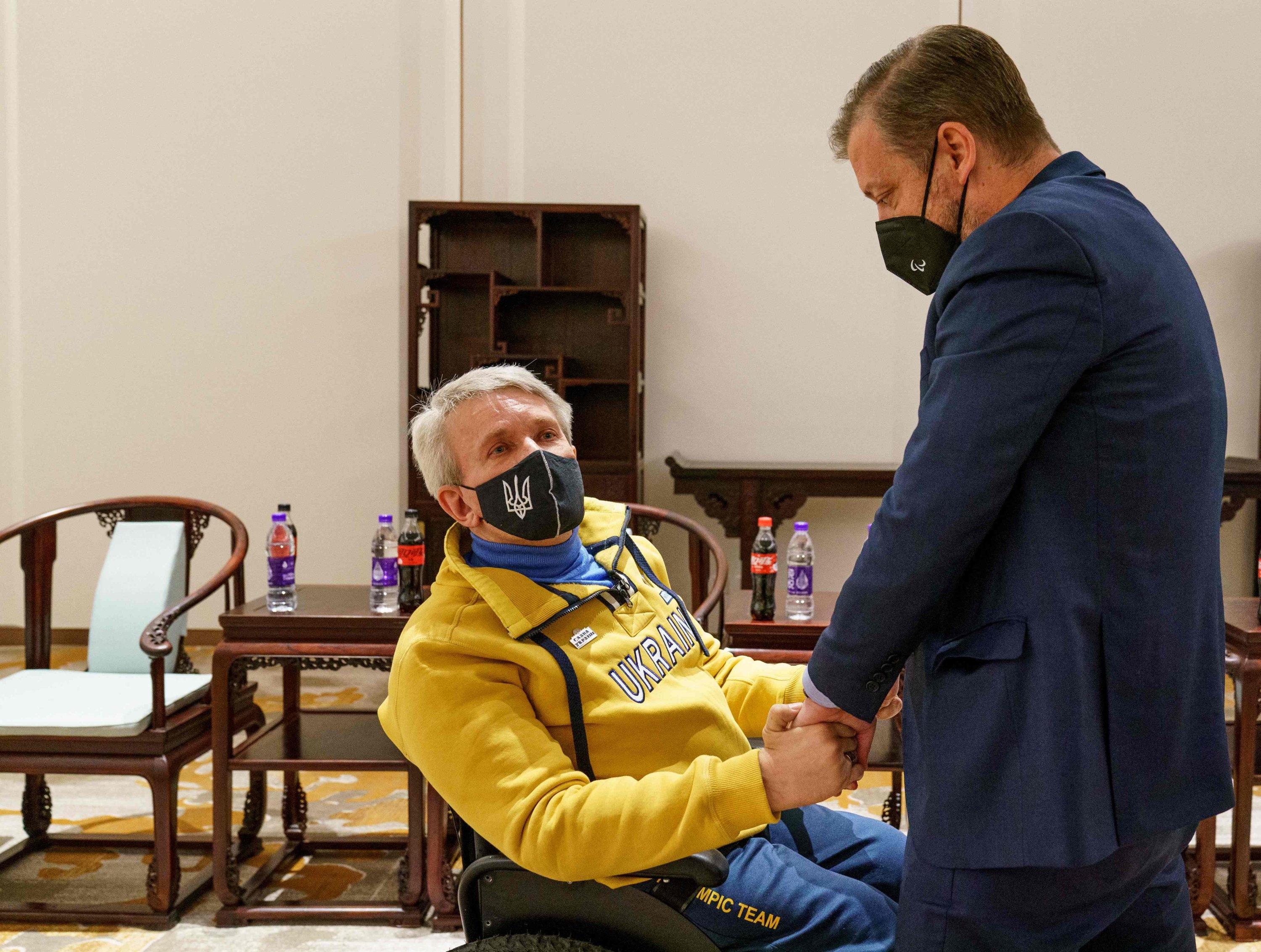© Turkuvaz Haberleşme ve Yayıncılık 2024
The International Paralympics Committee (IPC) on Thursday reversed its decision to allow Russian and Belarus athletes to compete at the Beijing Winter Paralympics as neutrals and banned them altogether from the event citing the war in Ukraine.
The move came after organizers apparently bowed to international pressure and threats of a boycott.
The IPC had just a day earlier said athletes from the two countries would be allowed to compete as "neutrals" in the Games, which start Friday. It said that was the "harshest punishment" the IPC could dish out under its rules.
But organizers reversed that decision less than 24 hours later, meaning 83 athletes from Russia and Belarus, which hosted troops for Moscow's attack, will now be packing their bags and heading home.
"In order to preserve the integrity of these Games and the safety of all participants, we have decided to refuse the athlete entries from RPC and NPC Belarus," the IPC said in a statement.
"To the para-athletes from the impacted countries, we are very sorry that you are affected by the decisions your governments took last week in breaching the Olympic Truce," IPC President Andrew Parsons told reporters.
"You are victims of your governments' actions."
The International Olympic Committee (IOC) earlier this week urged sporting federations across the world to exclude athletes from the two countries.
Multiple Paralympics committees around the world, teams and athletes had threatened not to compete if the Russian and Belarusian athletes were present, which was "jeopardizing the viability" of the Games, organizers said.
"Ensuring the safety and security of athletes is of paramount importance to us and the situation in the athlete villages is escalating and has now become untenable," the IPC said in a statement.
Ukraine Paralympic Committee President Valeriy Sushkevych said his team – who arrived in Beijing Wednesday – had been overwhelmed with solidarity.
He said many team members had difficulties escaping bombings on their journey out of the country.
"This is a miracle that we managed to be here at the Paralympic Games," he told reporters in Beijing.
"We came with a primary objective. We are here to defend our country with the whole sport community," he said.

IPC President Parsons said he expects Belarus and Russia to take legal action against the ban.
"I hope and pray that we can get back to a situation when the talk and focus is fully on the power of sport to transform the lives of persons with disabilities, and the best of humanity," he added.
The previous decision to allow Russian and Belarusian athletes to compete had drawn a swift and international backlash on Wednesday.
Germany's top Paralympic official had criticized the decision as lacking courage and had told AFP it was "a dark day for the Paralympic movement".
Athletes from Ukraine arrived safely in Beijing as the U.N. said the number of refugees fleeing to neighboring countries had topped a million.
Biathlon team members were preparing for competition – hitting the slopes for skiing and shooting training in Zhangjiakou on Thursday.
The Eastern European country has punched above its weight in previous Paralympic winter events, with frequent podium finishes in the biathlon and ski competitions.
The delegation took home 22 medals in 2018 – including seven golds – gaining the sixth spot on the world tally.
For some of the team, the emotional rollercoaster and disrupted focus will be a case of deja vu.
During Russia's hosting of the Winter Paralympics in 2014, Ukrainian athletes had to grapple with Moscow's takeover of the Crimea peninsula.
